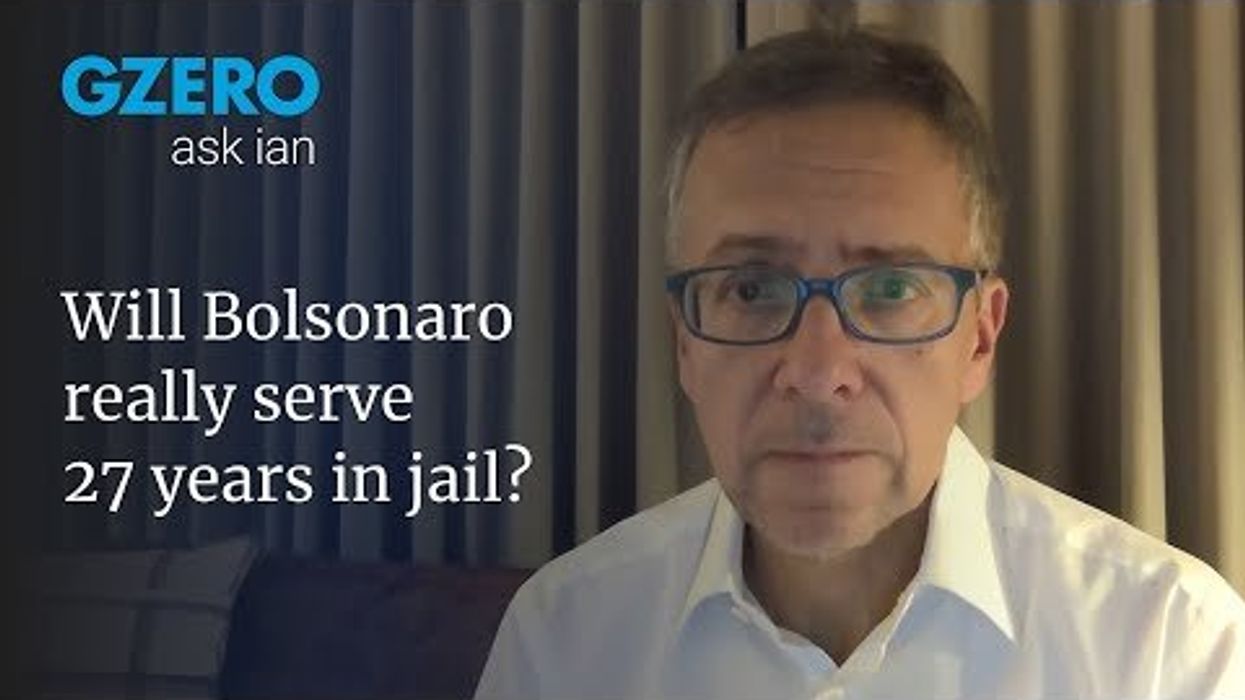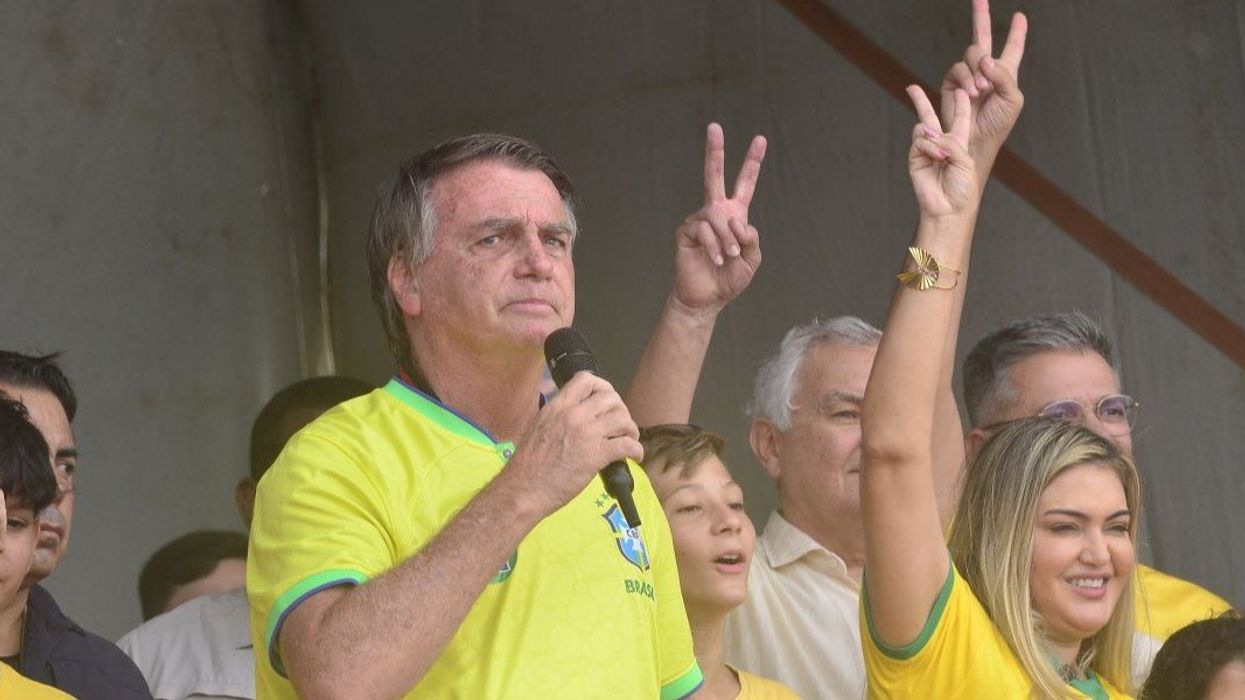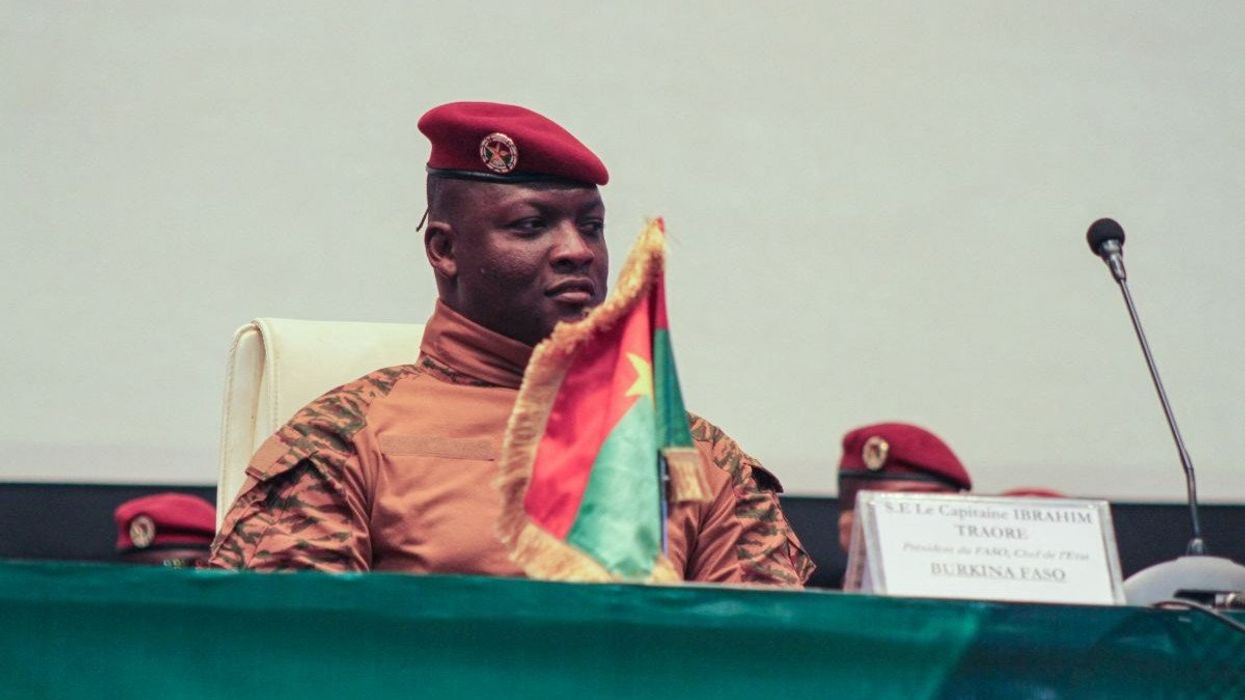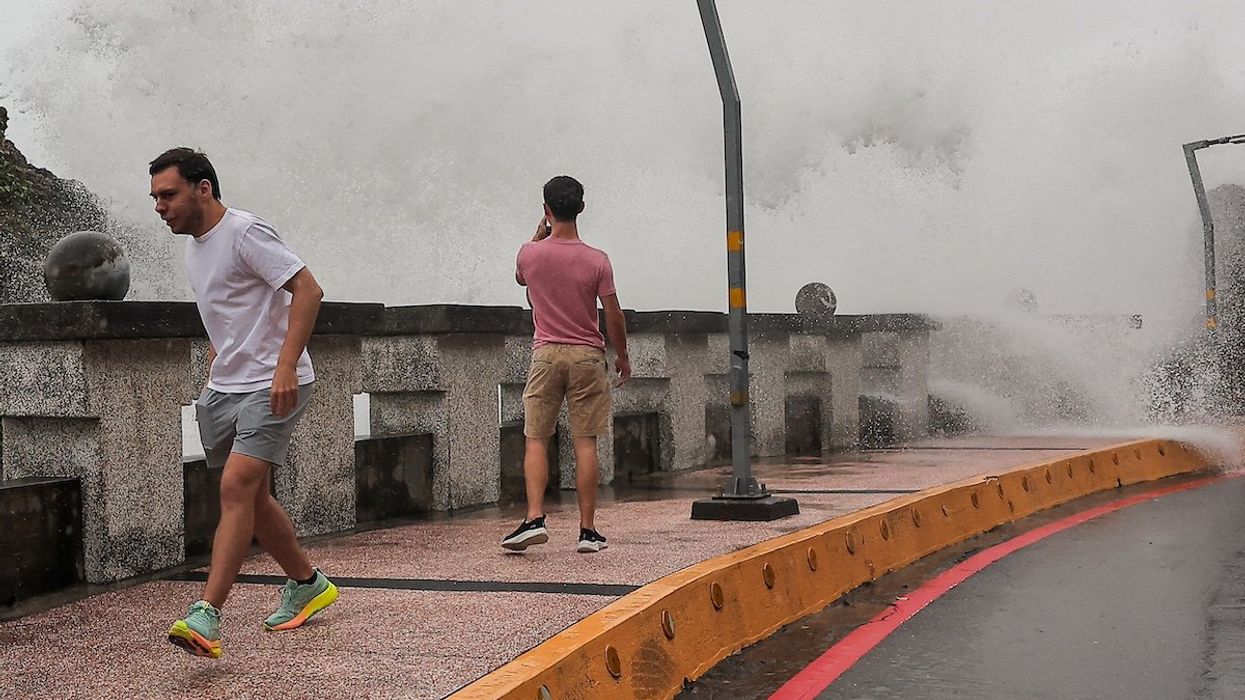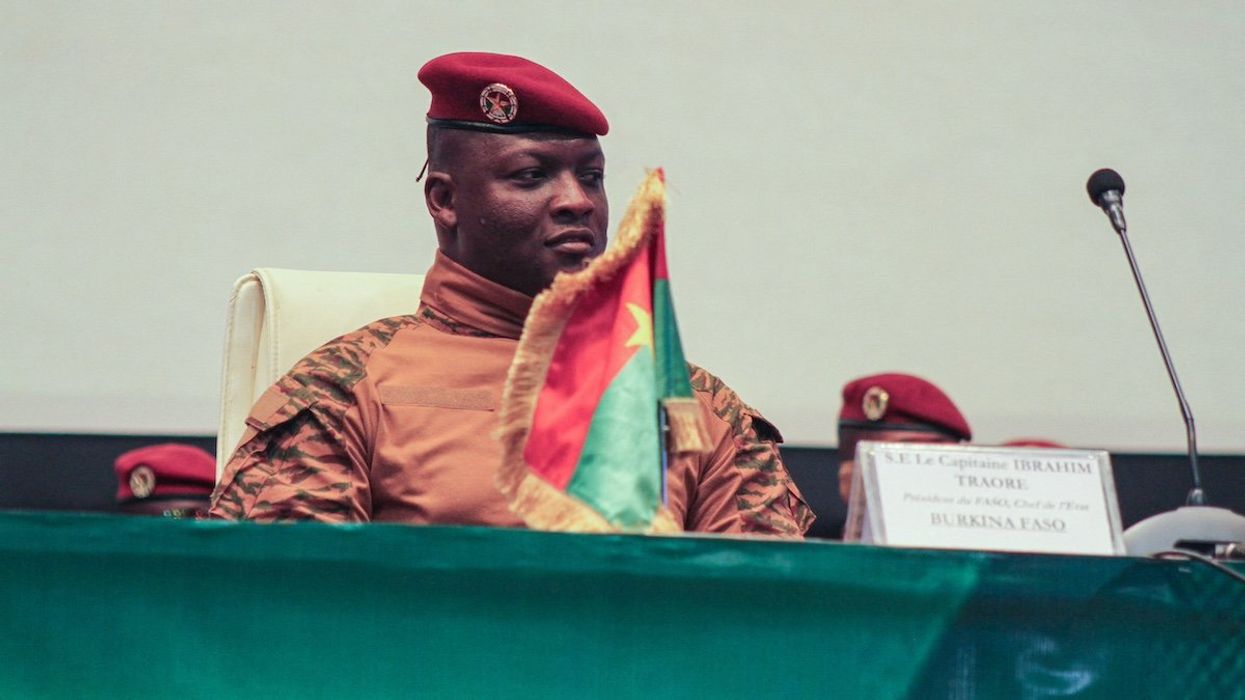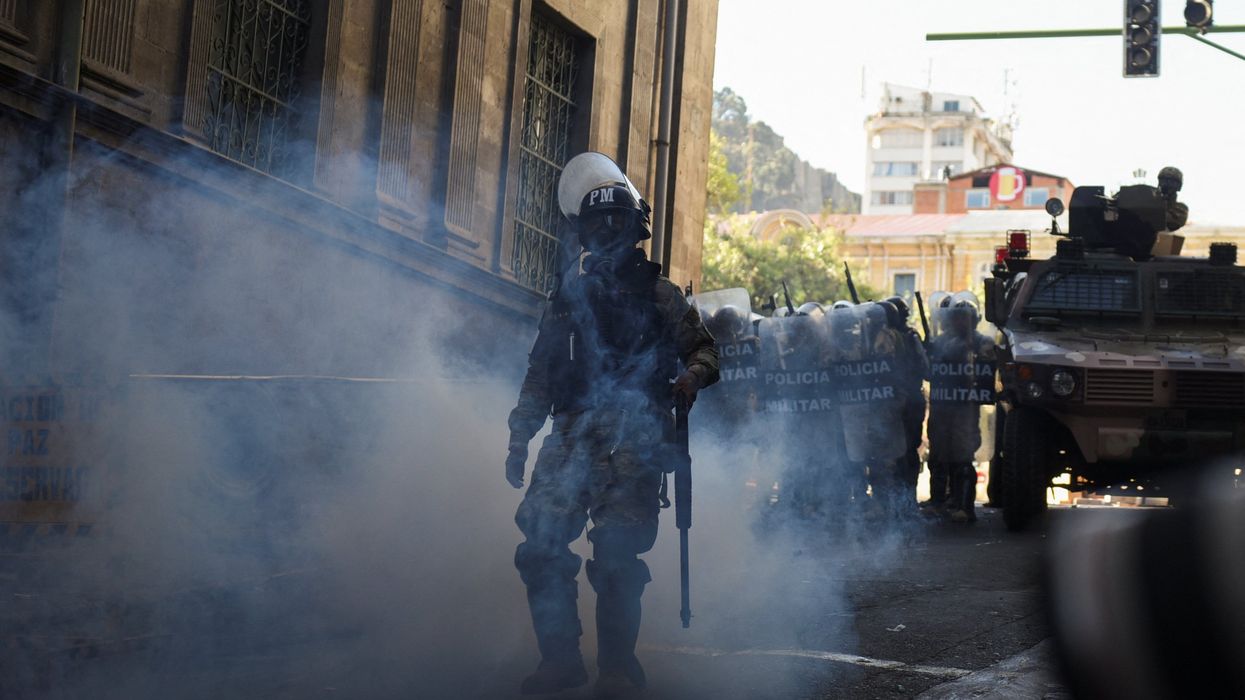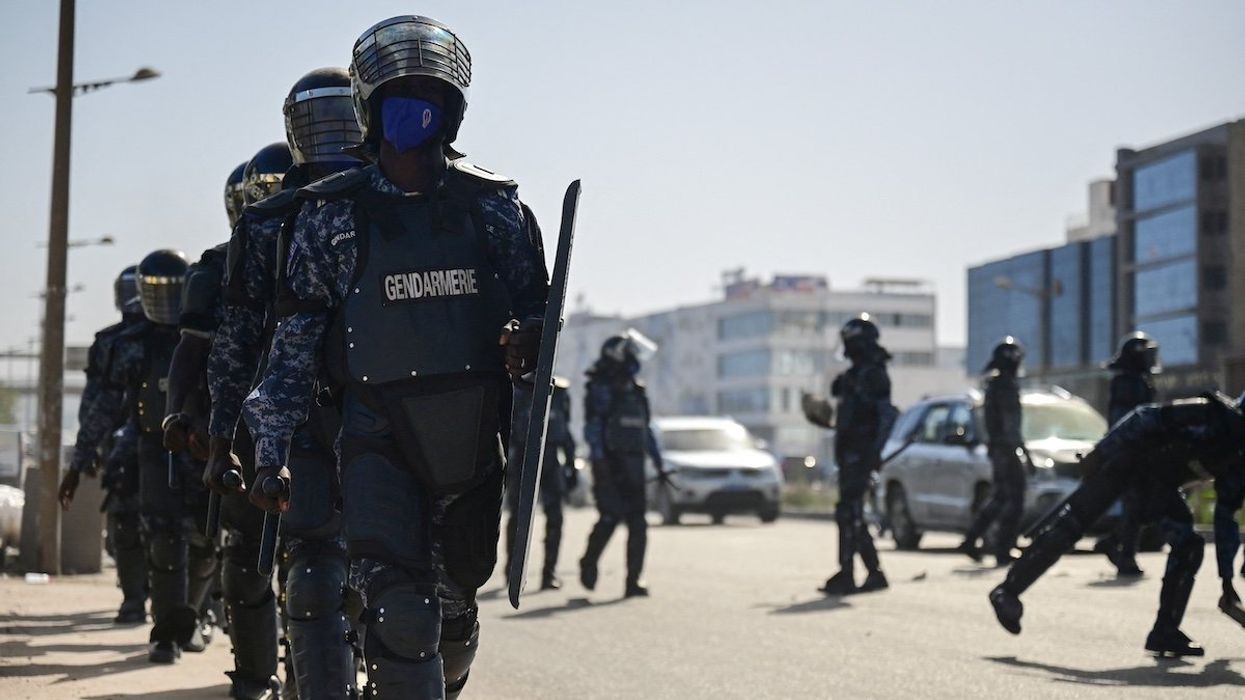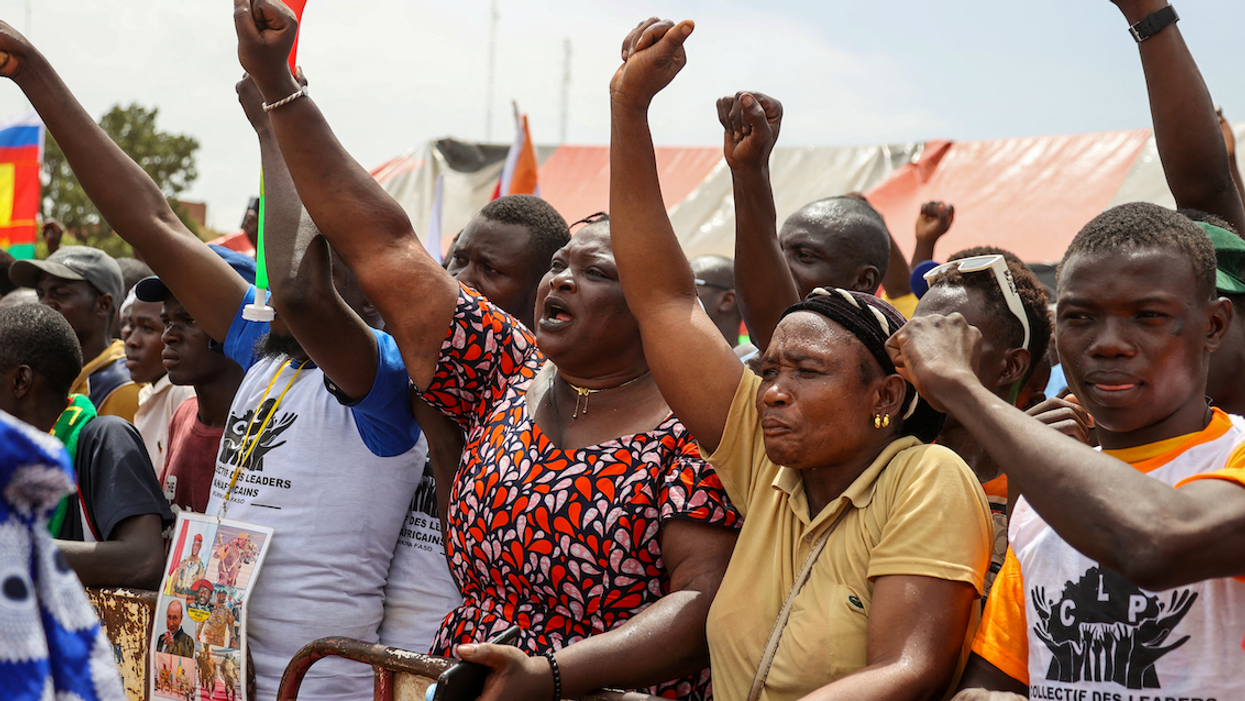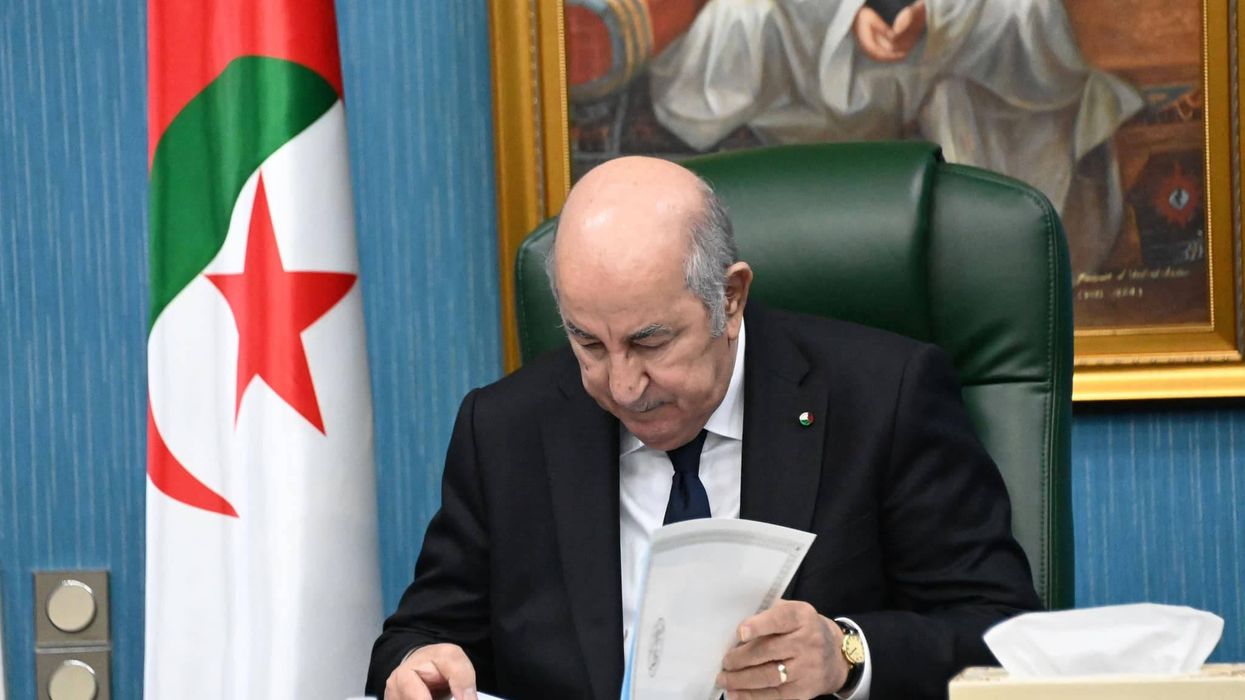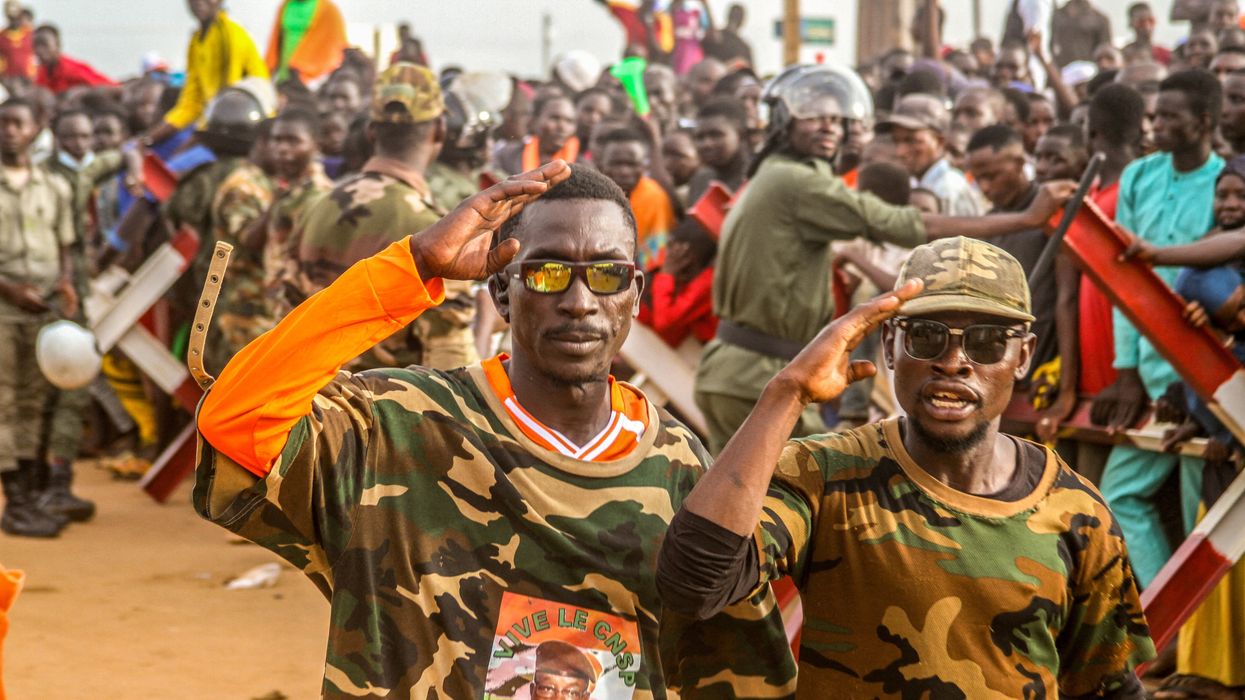ask ian
Brazil sentences Bolsonaro: What it means for democracy and US-Brazil relations
Brazil’s Supreme Court has sentenced former President Jair Bolsonaro to 27 years in prison for plotting to overturn the 2022 election and allegedly conspiring to assassinate President Lula. In this week's "ask ian," Ian Bremmer says the verdict highlights how “your response… has nothing to do with rule of law. It has everything to do with tribal political affiliation.”
Sep 16, 2025
